Why Is Art Important? – The Value of Creative Expression
The importance of art is an important topic and has been debated for many years. Some might think art is not as important as other disciplines like science or technology. Some might ask what art is able to offer the world in terms of evolution in culture and society, or perhaps how can art change us and the world. This article aims to explore these weighty questions and more. So, why is art important to our culture? Let us take a look.
What Is Art?
There is no logical answer when we ponder the importance of arts. It is, instead, molded by centuries upon centuries of creation and philosophical ideas and concepts. These not only shaped and informed the way people did things, but they inspired people to do things and live certain ways.
We could even go so far as to say the importance of art is borne from the very act of making art. In other words, it is formulated from abstract ideas, which then turn into the action of creating something (designated as “art”, although this is also a contested topic). This then evokes an impetus or movement within the human individual.
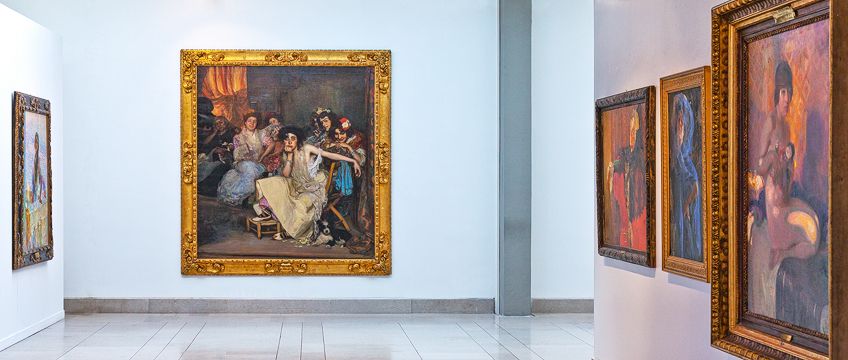
This impetus or movement can be anything from stirred up emotions, crying, feeling inspired, education, the sheer pleasure of aesthetics, or the simple convenience of functional household items – as we said earlier, the importance of art does not have a logical answer.
Before we go deeper into this question and concept, we need some context. Below, we look at some definitions of art to help shape our understanding of art and what it is for us as humans, thus allowing us to better understand its importance.
The Definition of Art
Simply put, the definition of the word “art” originates from the Latin ars or artem, which means “skill”, “craft”, “work of art”, among other similar descriptions. According to Merriam-Webster’s online dictionary, the word has various meanings; art may be a “skill acquired by experience, study, or observation”, a “branch of learning”, “an occupation requiring knowledge or skill”, or “the conscious use of skill and creative imagination especially in the production of aesthetic objects”.
We might also tend to think of art in terms of the latter definition provided above, “the conscious use of skill” in the “production of aesthetic objects”. However, does art only serve aesthetic purposes? That will also depend on what art means to us personally, and not how it is collectively defined. If a painting done with great skill is considered to be art, would a piece of furniture that is also made with great skill receive the same label as being art?
Thus, art is defined by our very own perceptions.
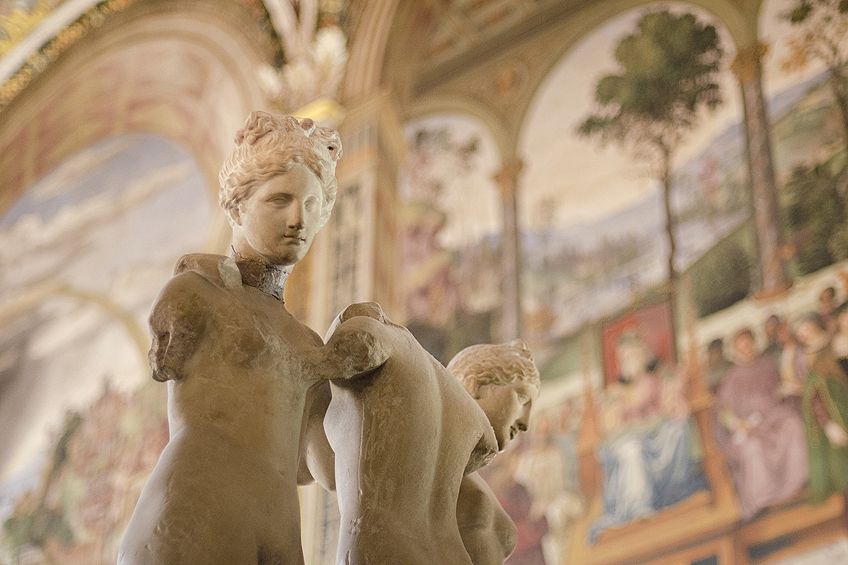
Art has also been molded by different definitions throughout history. When we look at it during the Classical or Renaissance periods, it was very much defined by a set of rules, especially through the various art academies in the major European regions like Italy (Academy and Company for the Arts of Drawing in Florence), France (French Academy of Fine Arts), and England (Royal Academy of Arts in London).
In other words, art had an academic component to it so as to distinguish artists from craftsmen.
The defining factor has always been between art for art’s sake , art for aesthetic purposes, and art that serves a purpose or a function, which is also referred to as “utilitarianism”. It was during the Classical and Renaissance periods that art was defined according to these various predetermined rules, but that leaves us with the question of whether these so-called rules are able to illustrate the deeper meaning of what art is?
If we move forward in time to the 20th century and the more modern periods of art history, we find ourselves amidst a whole new art world. People have changed considerably between now and the Renaissance era, but we can count on art to be like a trusted friend, reflecting and expressing what is inherent in the cultures and people of the time.
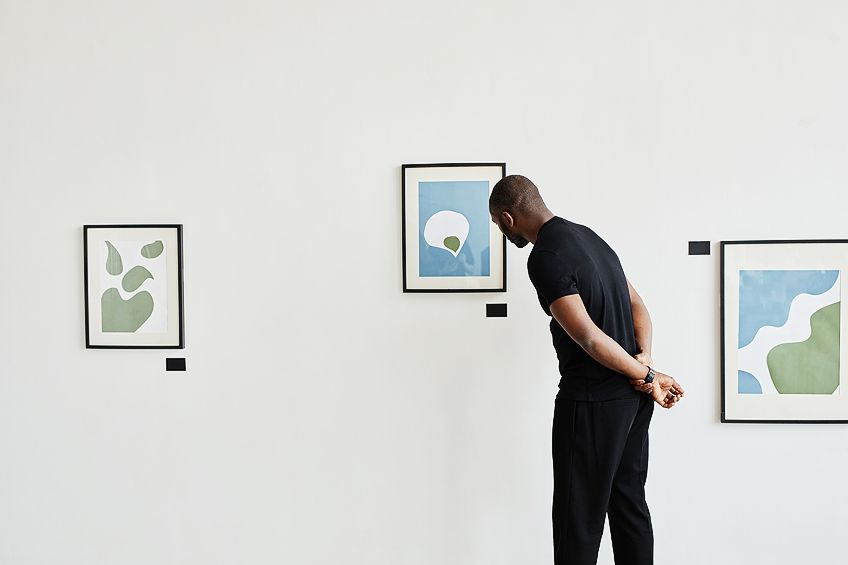
During the 20th century, art was not confined to rules like perspective, symmetry, religious subject matter, or only certain types of media like oil paints. Art was freed, so to say, and we see the definition of it changing (literally) in front of our very own eyes over a variety of canvases and objects. Art movements like Cubism, Fauvism, Dadaism, and Surrealism, among others, facilitated this newfound freedom in art.
Artists no longer subscribed to a set of rules and created art from a more subjective vantage point.
Additionally, more resources became available beyond only paint, and artists were able to explore new methods and techniques previously not available. This undoubtedly changed the preconceived notions of what art was. Art became commercialized, aestheticized, and devoid of the traditional Classical meaning from before. We can see this in other art movements like Pop Art and Abstract Expressionism, among others.
The Types and Genres of Art
There are also different types and genres of art, and all have had their own evolution in terms of being classified as art. These are the fine arts, consisting of painting, drawing, sculpting, and printmaking; applied arts like architecture; as well as different forms of design such as interior, graphic, and fashion design, which give day-to-day objects aesthetic value.
Other types of art include more decorative or ornamental pieces like ceramics, pottery, jewelry, mosaics, metalwork, woodwork, and fabrics like textiles. Performance arts involve theater and drama, music, and other forms of movement-based modalities like dancing, for example. Lastly, Plastic arts include works made with different materials that are pliable and able to be formed into the subject matter, thus becoming a more hands-on approach with three-dimensional interaction.
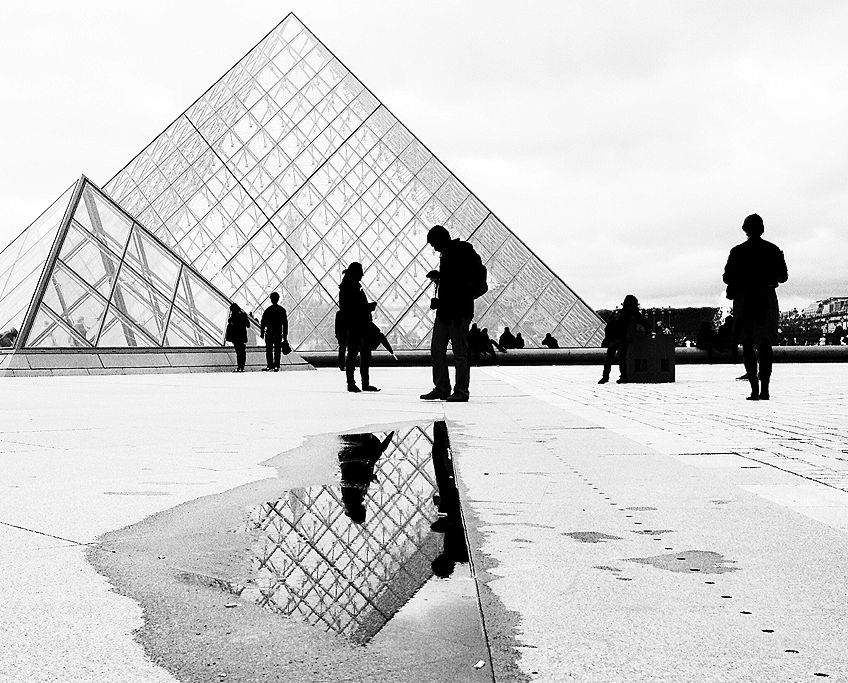
Top Reasons for the Importance of Art
Now that we have a reasonable understanding of what art is, and a definition that is ironically undefinable due to the ever-evolving and fluid nature of art, we can look at how the art that we have come to understand is important to culture and society. Below, we will outline some of the top reasons for the importance of art.
Art Is a Universal Language
Art does not need to explain in words how someone feels – it only shows. Almost anyone can create something that conveys a message on a personal or public level, whether it is political, social, cultural, historical, religious, or completely void of any message or purpose. Art becomes a universal language for all of us to tell our stories; it is the ultimate storyteller.
We can tell our stories through paintings, songs, poetry, and many other modalities.
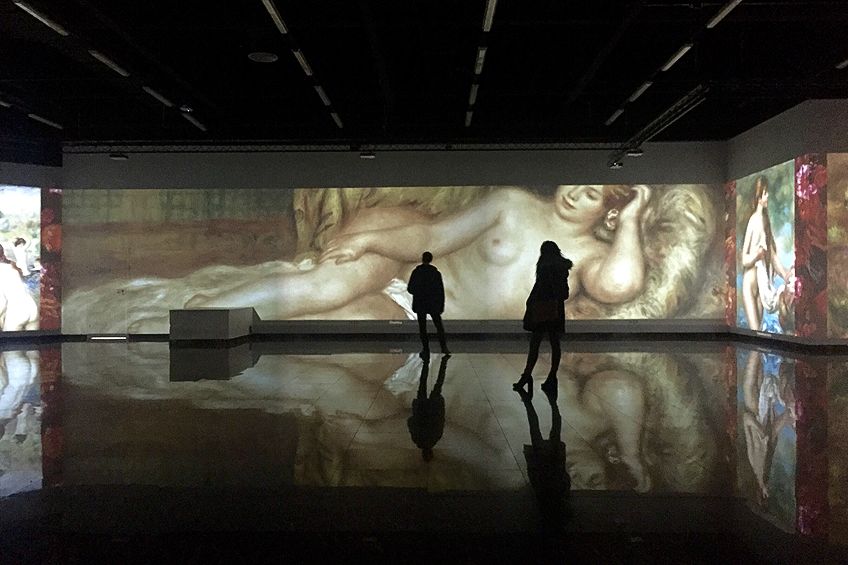
Art connects us with others too. Whenever we view a specific artwork, which was painted by a person with a particular idea in mind, the viewer will feel or think a certain way, which is informed by the artwork (and artist’s) message. As a result, art becomes a universal language used to speak, paint, perform, or build that goes beyond different cultures, religions, ethnicities, or languages. It touches the deepest aspects of being human, which is something we all share.
Art Allows for Self-Expression
Touching on the above point, art touches the deepest aspects of being human and allows us to express these deeper aspects when words fail us. Art becomes like a best friend, giving us the freedom and space to be creative and explore our talents, gifts, and abilities. It can also help us when we need to express difficult emotions and feelings or when we need mental clarity – it gives us an outlet.
Art is widely utilized as a therapeutic tool for many people and is an important vehicle to maintain mental and emotional health. Art also allows us to create something new that will add value to the lives of others. Consistently expressing ourselves through a chosen art modality will also enable us to become more proficient and disciplined in our skills.
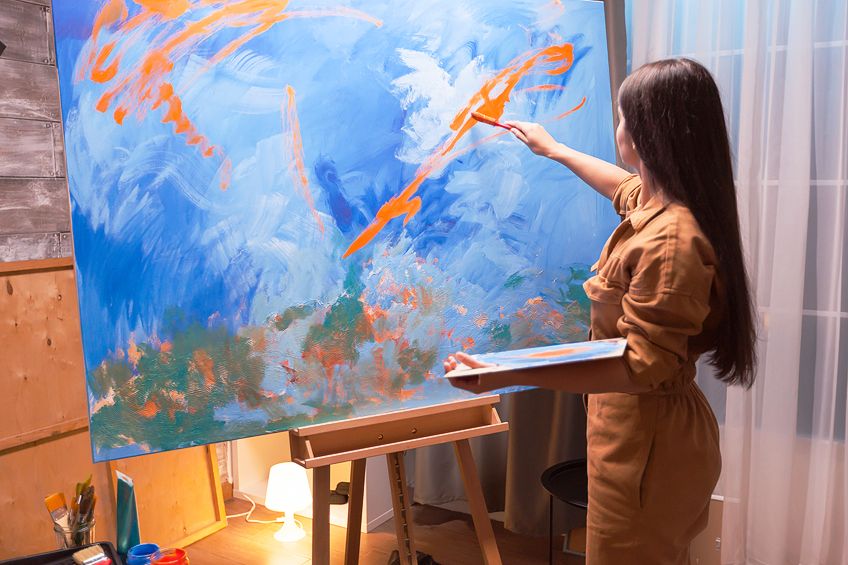
Art Keeps Track of History and Culture
We might wonder, why is art important to culture? As a universal language and an expression of our deepest human nature, art has always been the go-to to keep track of everyday events, almost like a visual diary. From the geometric motifs and animals found in early prehistoric cave paintings to portrait paintings from the Renaissance, every artwork is a small window into the ways of life of people from various periods in history. Art connects us with our ancestors and lineage.
When we find different artifacts from all over the world, we are shown how different cultures lived thousands of years ago. We can keep track of our current cultural trends and learn from past societal challenges. We can draw inspiration from past art and artifacts and in turn, create new forms of art.
Art is both timeless and a testament to the different times in our history.
Art Assists in Education and Human Development
Art helps with human development in terms of learning and understanding difficult concepts, as it accesses different parts of the human brain. It allows people to problem-solve as well as make more complex concepts easier to understand by providing a visual format instead of just words or numbers. Other areas that art assists learners in (range from children to adults) are the development of motor skills, critical thinking, creativity, social skills, as well as the ability to think from different perspectives.
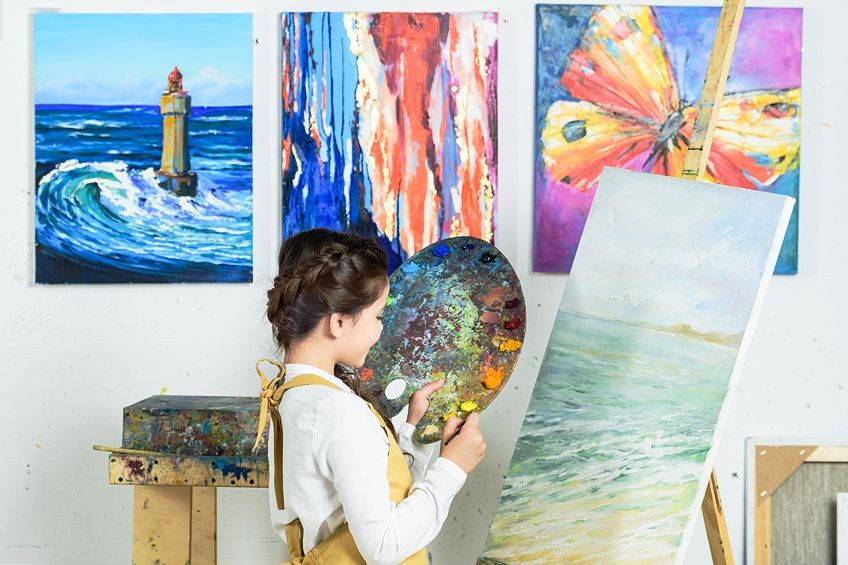
Art subjects will also help students improve on other subjects like maths or science. Various research states the positive effects art has on students in public schools – it increases discipline and attendance and decreases the level of unruly behavior.
According to resources and questions asked to students about how art benefits them, they reported that they look forward to their art lesson more than all their other lessons during their school day. Additionally, others dislike the structured format of their school days, and art allows for more creativity and expression away from all the rules. It makes students feel free to do and be themselves.
Art Adds Beauty for Art’s Sake
Art is versatile. Not only can it help us in terms of more complex emotional and mental challenges and enhance our well-being, but it can also simply add beauty to our lives. It can be used in numerous ways to make spaces and areas visually appealing.
When we look at something beautiful, we immediately feel better. A piece of art in a room or office can either create a sense of calm and peace or a sense of movement and dynamism.
Art can lift a space either through a painting on a wall, a piece of colorful furniture, a sculpture, an ornamental object, or even the whole building itself, as we see from so many examples in the world of architecture. Sometimes, art can be just for art’s sake.

Art Is Socially and Financially Rewarding
Art can be socially and financially rewarding in so many ways. It can become a profession where artists of varying modalities can earn an income doing what they love. In turn, it becomes part of the economy. If artists sell their works, whether in an art gallery, a park, or online, this will attract more people to their location. Thus, it could even become a beacon for improved tourism to a city or country.
The best examples are cities in Europe where there are numerous art galleries and architectural landmarks celebrating artists from different periods in art history, from Gothic cathedrals like the Notre Dame in Paris to the Vincent van Gogh Museum in Amsterdam. Art can also encourage people to do exercise by hiking up mountains to visit pre-historic rock art caves.
Art Is a Powerful (Political) Tool
Knowing that art is so versatile, that it can be our best friend and teacher, makes it a very powerful tool. The history of humankind gives us thousands of examples that show how art has been used in the hands of people who mean well and people who do not mean well.
Therefore, understanding the role of art in our lives as a powerful tool gives us a strong indication of its importance.
Art is also used as a political medium. Examples include memorials to celebrate significant changemakers in our history, and conveying powerful messages to society in the form of posters, banners, murals, and even graffiti. It has been used throughout history by those who have rebelled as well as those who created propaganda to show the world their intentions, as extreme as wanting to take over the world or disrupt existing regimes.
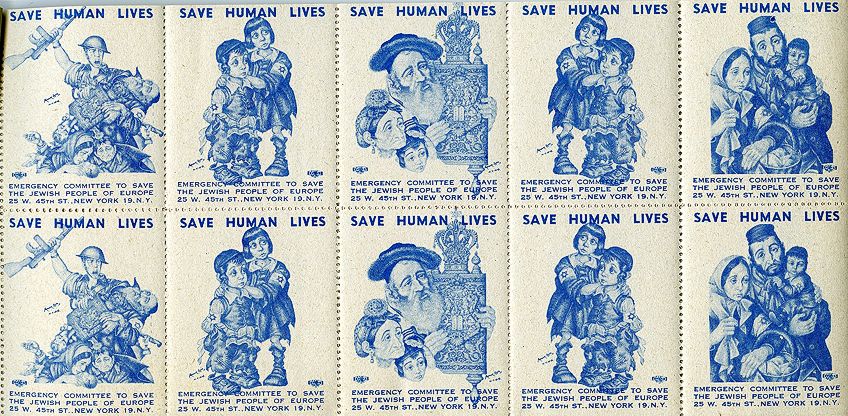
The Futurist art movement is an example of art combined with a group of men who sought to change the way of the future, informed by significant changes in society like the industrial revolution. It also became a mode of expression of the political stances of its members.
Other movements like Constructivism and Suprematism used art to convey socialist ideals, also referred to as Socialist Realism.
Other artists like Jacques-Louis David from the Neoclassical movement produced paintings influenced by political events; the subject matter also included themes like patriotism. Other artists include Pablo Picasso and his famous oil painting, Guernica (1937), which is a symbol and allegory intended to reach people with its message.
The above examples all illustrate to us that various wars, conflicts, and revolutions throughout history, notably World Wars I and II, have influenced both men and women to produce art that either celebrates or instigates changes in society. The power of art’s visual and symbolic impact has been able to convey and appeal to the masses.
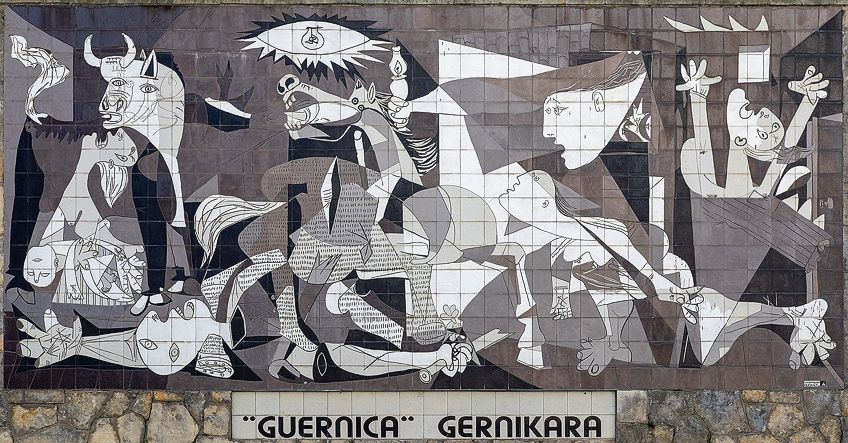
Art Will Always Be There
The importance of art is an easy concept to understand because there are so many reasons that explain its benefits in our lives. We do not have to look too hard to determine its importance. We can also test it on our lives by the effects it has on how we feel and think when we engage with it as onlookers or as active participants – whether it is painting, sculpting, or standing in an art gallery.
What art continuously shows us is that it is a constant in our lives, our cultures, and the world. It has always been there to assist us in self-expression and telling our story in any way we want to. It has also given us glimpses of other cultures along the way.
Art is fluid and versatile, just like a piece of clay that can be molded into a beautiful bowl or a slab of marble carved into a statue. Art is also a powerful tool that can be used for the good of humanity good or as a political weapon.
Art is important because it gives us the power to mold and shape our lives and experiences. It allows us to respond to our circumstances on micro- and macroscopic levels, whether it is to appreciate beauty, enhance our wellbeing, delve deeper into the spiritual or metaphysical, celebrate changes, or to rebel and revolt.
Take a look at our purpose of art webstory here!
Frequently Asked Questions
What Is the Importance of Arts?
There are many reasons that explain the importance of art. It is a universal language because it crosses language and cultural barriers, making it a visual language that anyone can understand; it helps with self-expression and self-awareness because it acts as a vehicle wherein we can explore our emotions and thoughts; it is a record of past cultures and history; it helps with education and developing different skill sets; it can be financially rewarding, it can be a powerful political tool, and it adds beauty and ambiance to our lives and makes us feel good.
Why Is Art Important to Culture?
Art is important to culture because it can bridge the gap between different racial groups, religious groups, dialects, and ethnicities. It can express common values, virtues, and morals that we can all understand and feel. Art allows us to ask important questions about life and society. It allows reflection, it opens our hearts to empathy for others, as well as how we treat and relate to one another as human beings.
What Are the Different Types of Art?
There are many different types of art, including fine arts like painting, drawing, sculpture, and printmaking, as well as applied arts like architecture, design such as interior, graphic, and fashion. Other types of art include decorative arts like ceramics, pottery, jewelry, mosaics, metalwork, woodwork, and fabrics like textiles; performance arts like theater, music, dancing; and Plastic arts that work with different pliable materials.
What Is the Definition of Art?
The definition of the word “art” originates from the Latin ars or artem, which means “skill”, “craft”, and a “work of art”. The Merriam-Webster online dictionary offers several meanings, for example, art is a “skill acquired by experience, study, or observation”, it is a “branch of learning”, “an occupation requiring knowledge or skill”, or “the conscious use of skill and creative imagination especially in the production of aesthetic objects”.
Isabella studied at the University of Cape Town in South Africa and graduated with a Bachelor of Arts majoring in English Literature & Language and Psychology. Throughout her undergraduate years, she took Art History as an additional subject and absolutely loved it. Building on from her art history knowledge that began in high school, art has always been a particular area of fascination for her. From learning about artworks previously unknown to her, or sharpening her existing understanding of specific works, the ability to continue learning within this interesting sphere excites her greatly.
Her focal points of interest in art history encompass profiling specific artists and art movements, as it is these areas where she is able to really dig deep into the rich narrative of the art world. Additionally, she particularly enjoys exploring the different artistic styles of the 20th century, as well as the important impact that female artists have had on the development of art history.
Learn more about Isabella Meyer and the Art in Context Team.
Cite this Article
Isabella, Meyer, “Why Is Art Important? – The Value of Creative Expression.” Art in Context. July 26, 2021. URL: https://artincontext.org/why-is-art-important/
Meyer, I. (2021, 26 July). Why Is Art Important? – The Value of Creative Expression. Art in Context. https://artincontext.org/why-is-art-important/
Meyer, Isabella. “Why Is Art Important? – The Value of Creative Expression.” Art in Context, July 26, 2021. https://artincontext.org/why-is-art-important/.


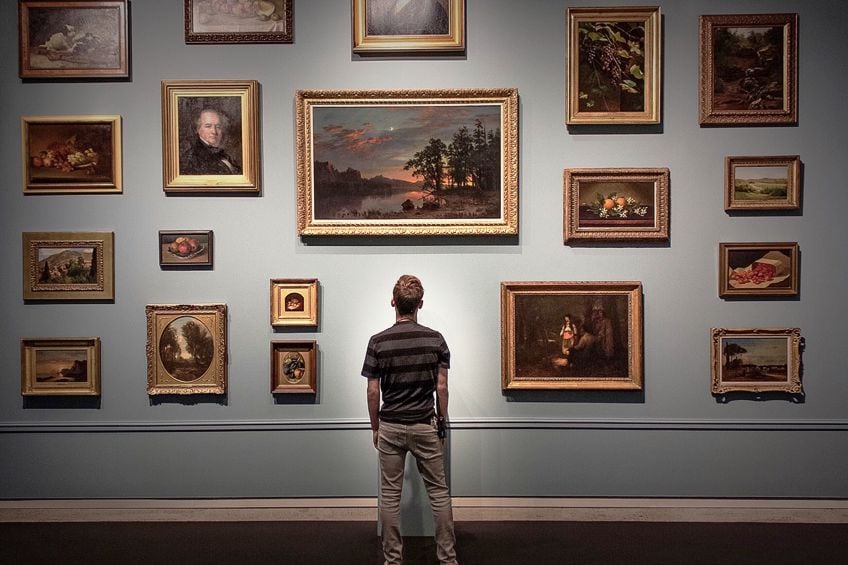

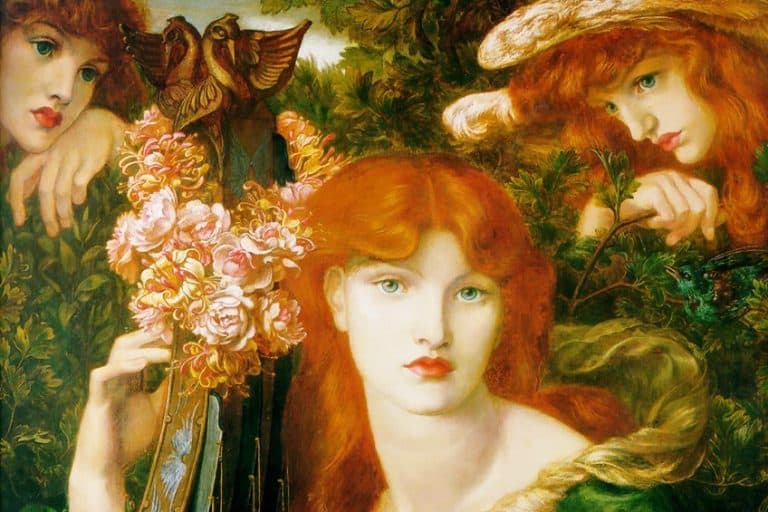

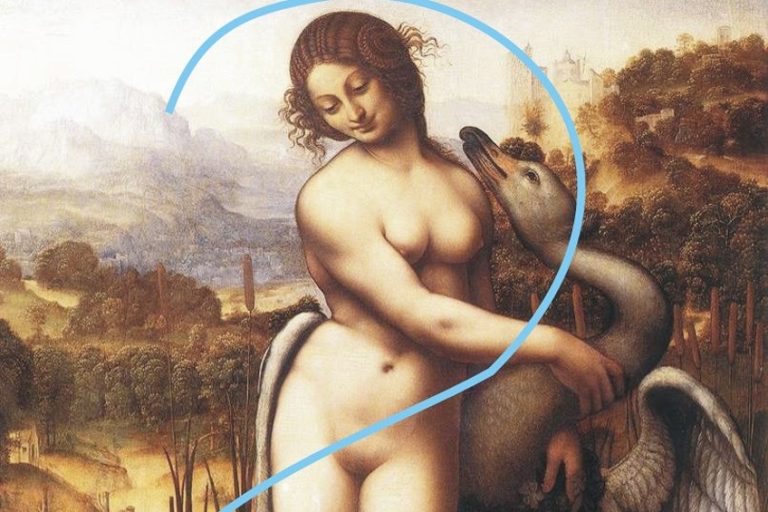

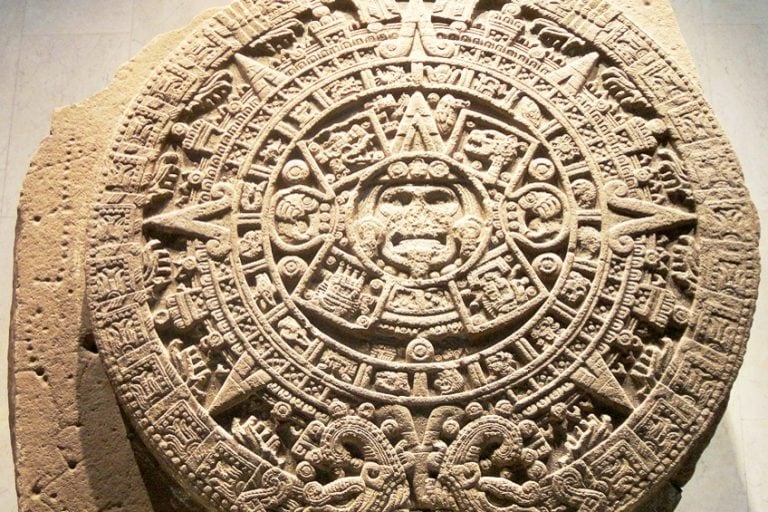
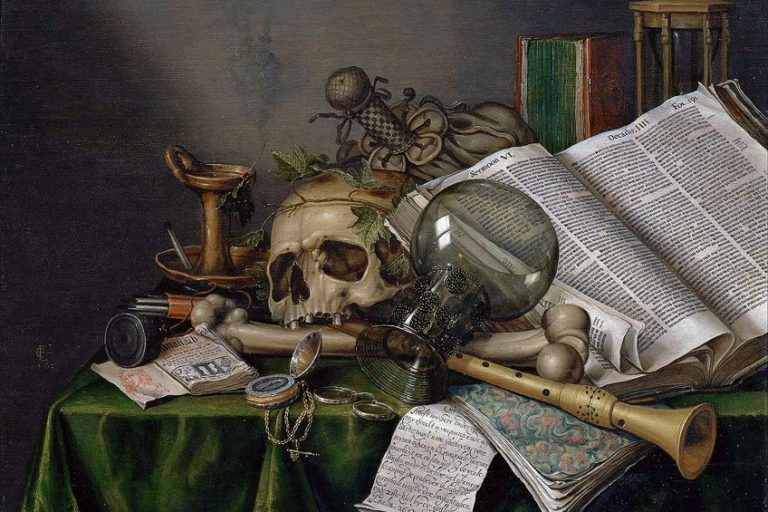
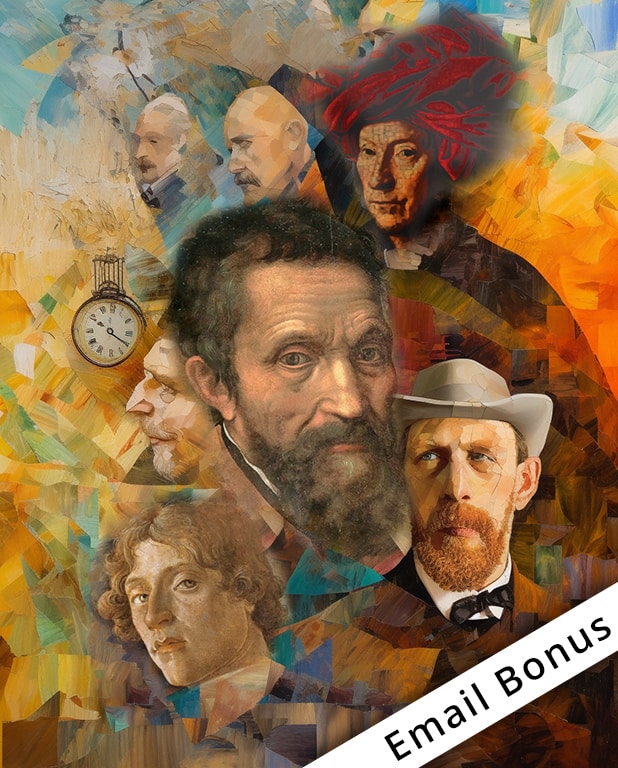

It’s great that you talked about how there are various kinds and genres of art. I was reading an art book earlier and it was quite interesting to learn more about the history of art. I also learned other things, like the existence of online american indian art auctions.
I just love your article…I am an art teacher from Papua New Guinea – a developing country in Oceania (South Pacific). I was enthralled after reading your article and wish to hear more from you. I come from a country where art and culture are embedded in our tribal peoples from generation.
Hi John, thank you very much for your feedback, it’s great to see that art is something that works all around the world!